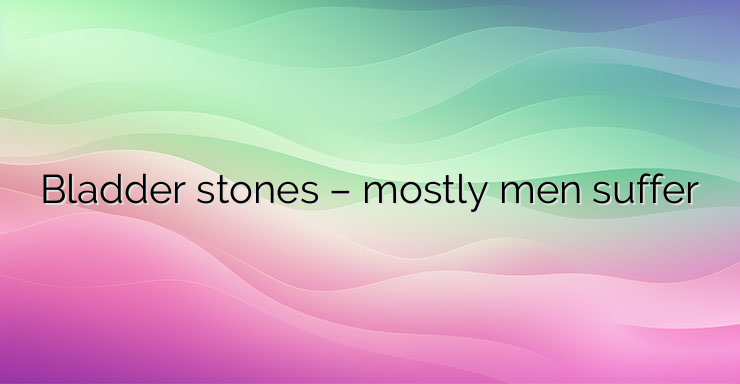Ever wondered why bladder stones seem to target men more than women? Well, it’s all in the anatomy. You see, men have a longer and narrower urethra compared to women, making it easier for stones to get stuck and cause trouble. Add in conditions like phimosis in boys and prostate issues in adults, and you’ve got a recipe for stone formation.
Bladder stones can be primary or secondary, depending on where they form. Secondary stones start in the kidneys and make their way down, while primary ones form directly in the bladder due to chronic blockages or inflammation. The chemistry behind it is fascinating yet troublesome. When urine can’t drain properly, it sets off a chain reaction, resulting in the formation of stubborn stones.
These stones come in various shapes, sizes, and colors, each with its own set of symptoms. Urate stones are smooth and reddish, oxalates are blackberry-like, and phosphates, often caused by bladder infections, are soft and gray-white.
So, why do men suffer more? Well, it’s not just about the size and shape of the stones; it’s also about the condition of the bladder lining. The pain can be relentless, especially during urination or sudden movements like jumping or running. Imagine feeling like you need to go all the time, only to find out it’s because of those pesky stones causing urinary retention.
And let’s not forget about the blood in the urine (hematuria). It’s like a red flag signaling that something’s not right inside. This often accompanies the first signs of bladder stones, leading to even more complications like cystitis.
Diagnosing bladder stones isn’t always straightforward. While ultrasound and cystoscopy are common methods, radiographic exams may miss certain types of stones. But fear not, modern medicine has ways to deal with them, from laser treatments to the classic surgery known as sectio alta.
So, if you’re experiencing constant dull pain, frequent urges to pee, or seeing blood in your urine, it might be time to get checked out. After all, nobody wants to deal with bladder stones longer than they have to!


Leave a Reply